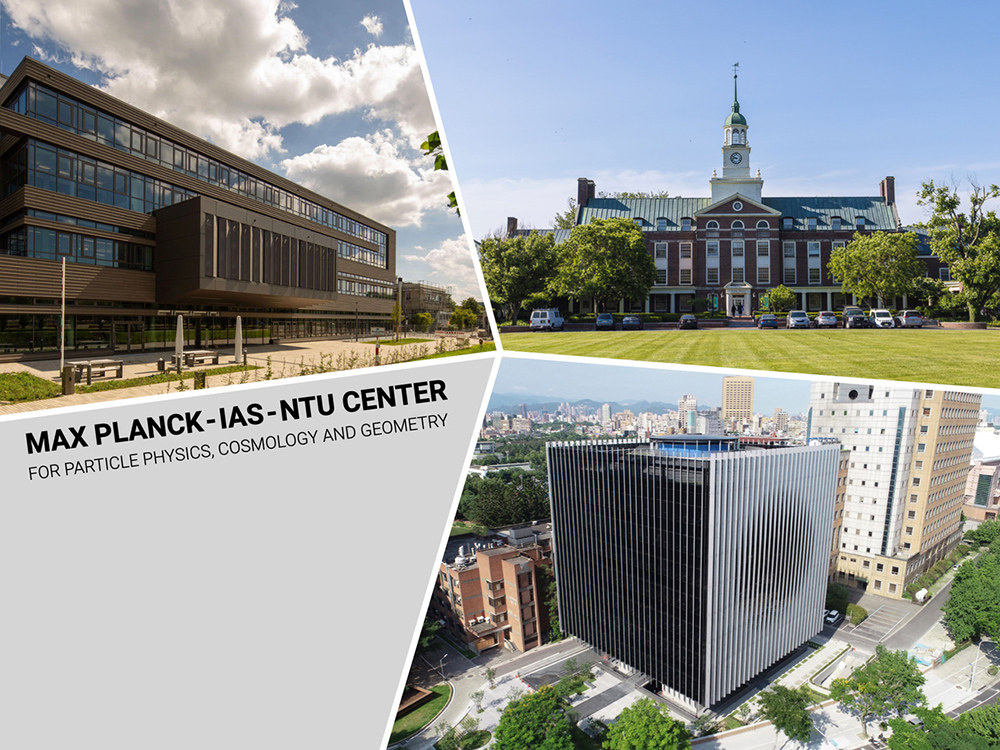
A Distinguished Global Research Center Established at NTU under Trilateral Cooperation
瀏覽器版本過舊,或未開啟 javascript
請更新瀏覽器或啟用 javascript
Spotlights
The research work of Prof. Chia-Hsiang Yang from GIEE and a team from UCLA, led by Professor Dejan Markovic. It displays AI chips and digital signal processing array chips previously developed by their collaborative efforts. In the future, they will continue their joint research and development in Real-Time Reconfigurable Array (RTRA) AI chips.
The figure depicts a collaborative research and development project between NTU, Taiwan Semiconductor Research Institute, Industrial Technology Research Institute, and National Tsing Hua University.
Professor Huei Wang from the NTU Institute of Communications Engineering will collaborate with a team from UC-Davis to jointly develop system chips. The image shows a MEMS integrated chip fabricated by Professor J. Sebastian Gomez-Diaz’s team at UC-Davis.
Prof. Chun-Hsing Li’s team from the Department of Electrical Engineering will collaborate with a team from UC-Berkeley. The image shows a group photo of Prof. Chun-Hsing Li and his research team.
In September 2022, Taiwan and the United States launched a collaborative effort in Advanced Semiconductor Chip Design and Fabrication. The National Science and Technology Council (NSTC) of Taiwan and the National Science Foundation (NSF) of the United States jointly called for proposals for the “2023-2026 Taiwan-US International Cooperative Research Program on Advanced Semiconductor Chip Design and Fabrication” (ACED Fab Program). This initiative aims to encourage academic cooperation between scholars from both countries in the fields of semiconductor and microelectronics, foster talent in chip design and fabrication, and maintain Taiwan's leading position in the global semiconductor industry.
After nearly five months of rigorous evaluation, on June 30 of this year, the NSC announced the selection of six projects, with four of them being led by teams from NTU. These NTU teams will collaborate with renowned universities in the United States to apply chip technology in areas such as artificial intelligence and machine learning computing, edge computing, next-generation radar systems, advanced sensing systems, and more. This collaboration will continue to enhance the semiconductor competitiveness of both nations.
Among the approved projects, two research teams from the NTU Graduate Institute of Electronics Engineering (GIEE) were selected. The first team, led by Prof. Chia-Hsiang Yang (楊家驤), will collaborate with the University of California, Los Angeles (UCLA) to develop an Artificial Intelligence and Machine Learning Computing chip based on the Real-Time Reconfigurable Array (RTRA) architecture.
The second team, led by Prof. Chee Wee Liu (劉致為), will collaborate closely with Stanford University in the United States to focus on developing Memory-Driven Computing chips based on Magnetic Random-Access Memory (MRAM). The project will also involve the development and verification of auxiliary software for circuit design, aiming to enhance the performance and energy efficiency of neural network computing. For post-processing, the team will collaborate with the Taiwan Semiconductor Research Institute of the National Applied Research Laboratories.
In addition, Professor Huei Wang (王暉) from the NTU Graduate Institute of Communication Engineering will collaborate with the University of California, Davis (UC-Davis) to develop a miniaturized, low-noise, room-temperature infrared spectroscopy system based on CMOS-MEMS technology. The system’s performance is expected to surpass current commercial Fourier Transform Infrared (FTIR) systems and find applications in cutting-edge biomedical cancer sensing and other areas.
Associate Professor Chun-Hsing Li (李俊興) from the Department of Electrical Engineering will collaborate with the University of California, Berkeley (UC-Berkeley) to achieve a lower-cost, energy-efficient next-generation 240 GHz radar system. This system will provide higher angular resolution and larger MIMO arrays, enabling comprehensive imaging. The anticipated applications include 6G wireless communication, autonomous vehicles, imaging, and 3D sensing.
NTU President Wen-Chang Chen (陳文章) stated that NTU has always played a crucial role in the semiconductor industry, nurturing numerous outstanding young students in this field. He looks forward to further enhancing international collaborations and attracting more foreign students to join the international programs related to semiconductors at NTU. This will lead to the practical application of research achievements in various domains, benefiting a broader range of people.

A Distinguished Global Research Center Established at NTU under Trilateral Cooperation
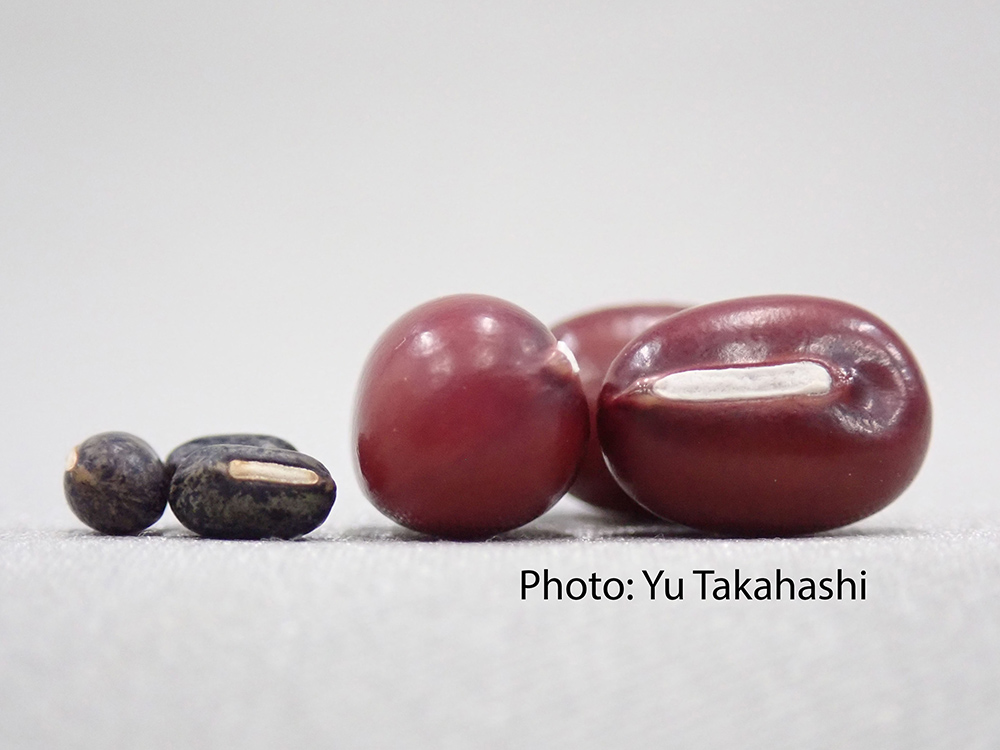
Collaborative study between NTU and Japan uncovers the origin of Adzuki Beans and agriculture in Japan
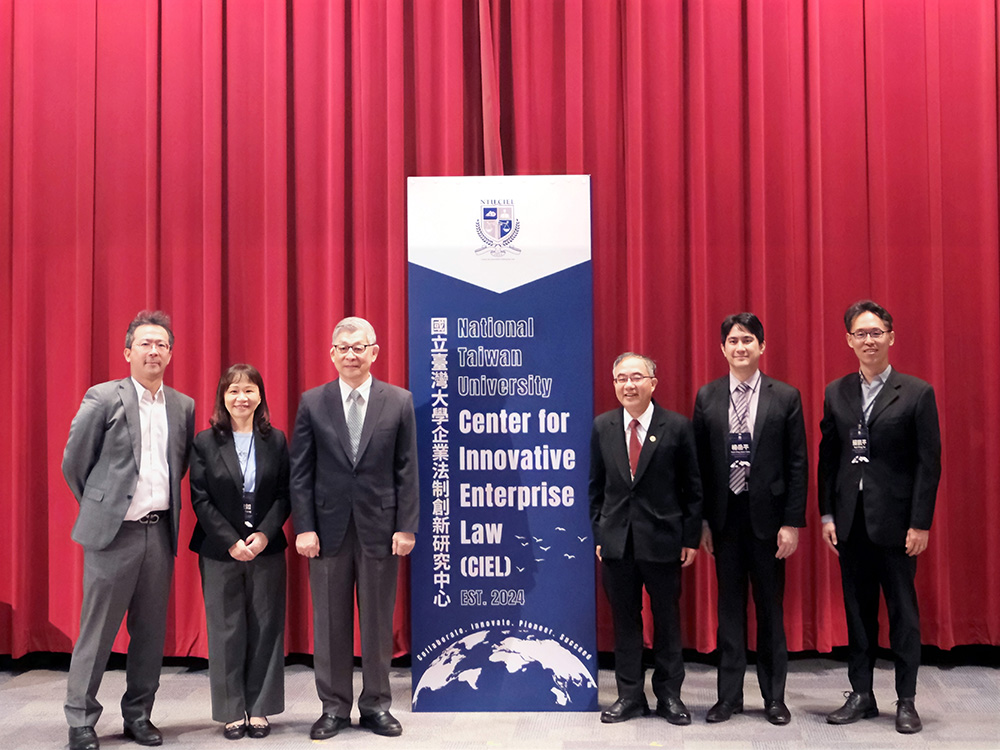
NTU Launches Center for Innovation in Enterprise Law—with Forum Highlighting Trump’s Policy and Legal Shifts Amid Geopolitical Tensions
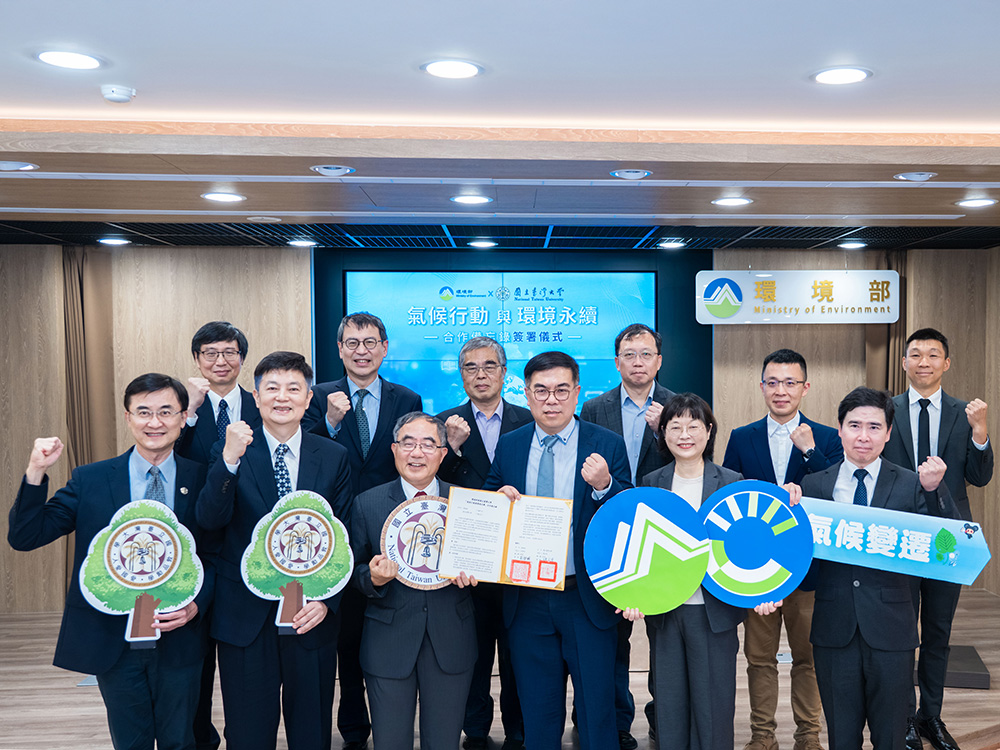
NTU and Ministry of Environment Sign MOU to Advance Net-Zero Transition and Environmental Resilience
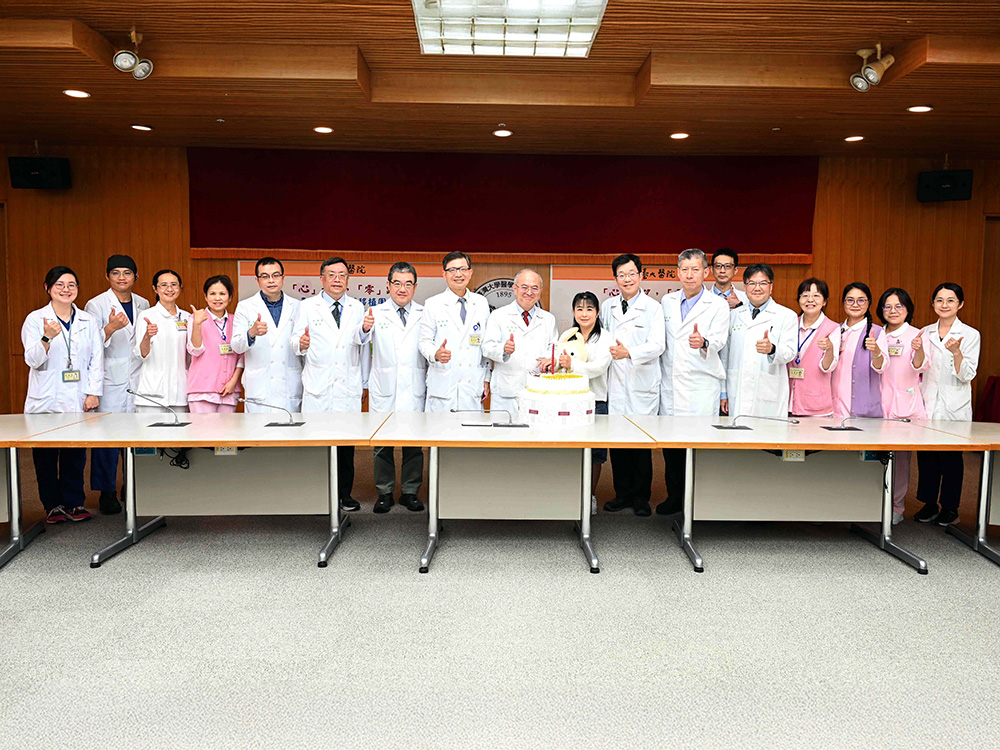
NTU Hospital’s Cardiac Transplant Team Pioneers Beating Heart Transplant with Zero Ischemic Time
Current Spotlights